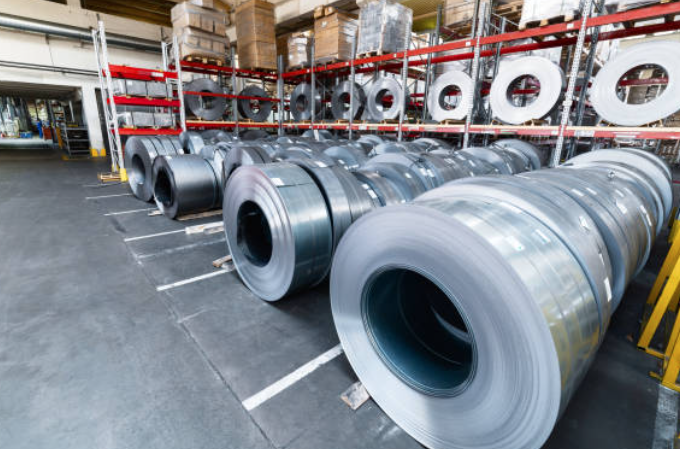
Posted on Wednesday, October 9, 2024
When it comes to roll forming, the quality of the metal coils used in production can significantly impact the efficiency and effectiveness of the manufacturing process. Here's a comprehensive guide to help you source high-quality metal coils that meet your operational needs.
Choosing the right supplier is crucial in ensuring a consistent supply of high-quality metal coils. Here are key factors to consider:
The quality of the metal used in coils is paramount. Here’s what to focus on:
Thickness uniformity is critical for the roll forming process. Here’s why:
Material consistency encompasses both the mechanical properties and chemical composition of the coils. It’s essential to consider the following:
Sourcing high-quality metal coils is vital for achieving optimal results in roll forming operations. By carefully selecting suppliers based on their reputation, material quality, and adherence to standards, and by focusing on thickness uniformity and material consistency, you can enhance your production efficiency and product quality. Investing the time and effort into sourcing the right coils will pay off in smoother operations and superior final products.

Used Purlin Roll Forming Machines for Sale Worldwide
Posted on Sunday, January 25, 2026
Pre-Owned Roll Forming Machines for Purlin & Structural Steel Profiles

Used Roof Panel Roll Forming Machines for Sale Worldwide
Posted on Sunday, January 25, 2026
Pre-Owned Roll Forming Machines for Roofing Panel Production

Used Roll Forming Machines for Sale Worldwide
Posted on Tuesday, January 20, 2026
Pre-Owned Roll Forming Machines with Inspection, Verification & Global Support

Steel Coil Supply for Roll Forming Machines Worldwide
Posted on Tuesday, January 20, 2026
Reliable Steel Coil Supply for Roll Forming, Fabrication & Manufacturing Applications
Copyright 2026 © Machine Matcher.